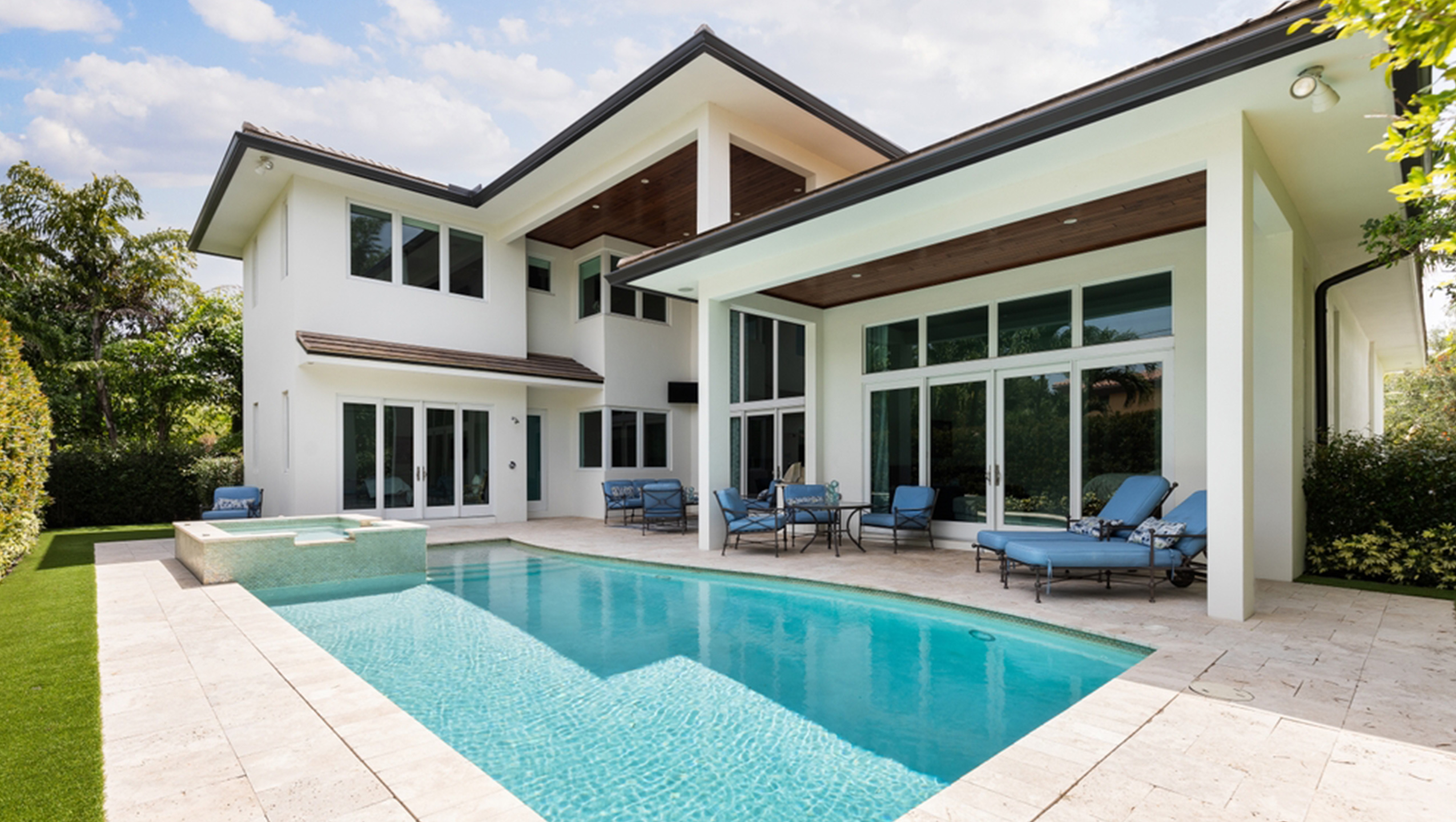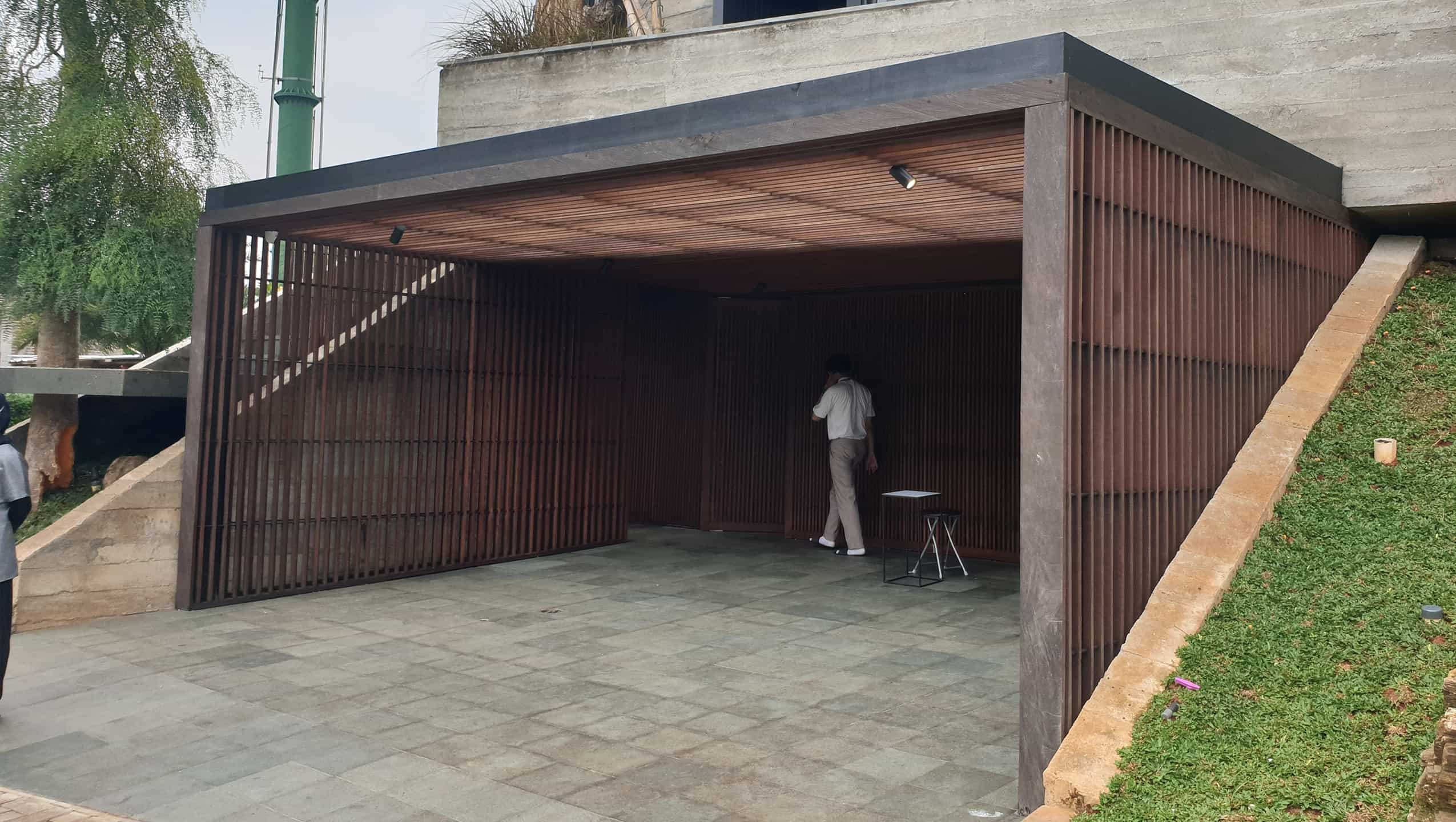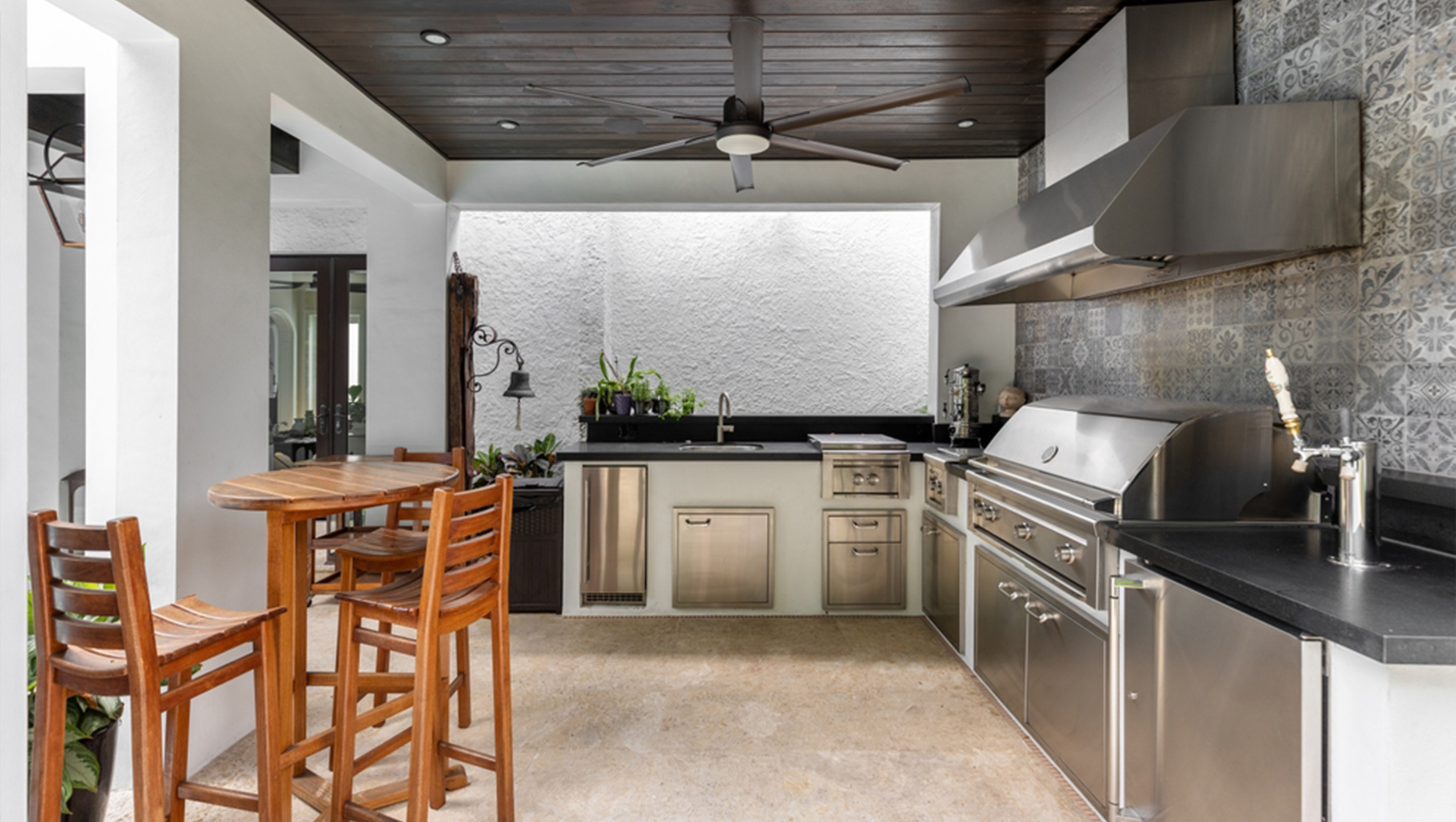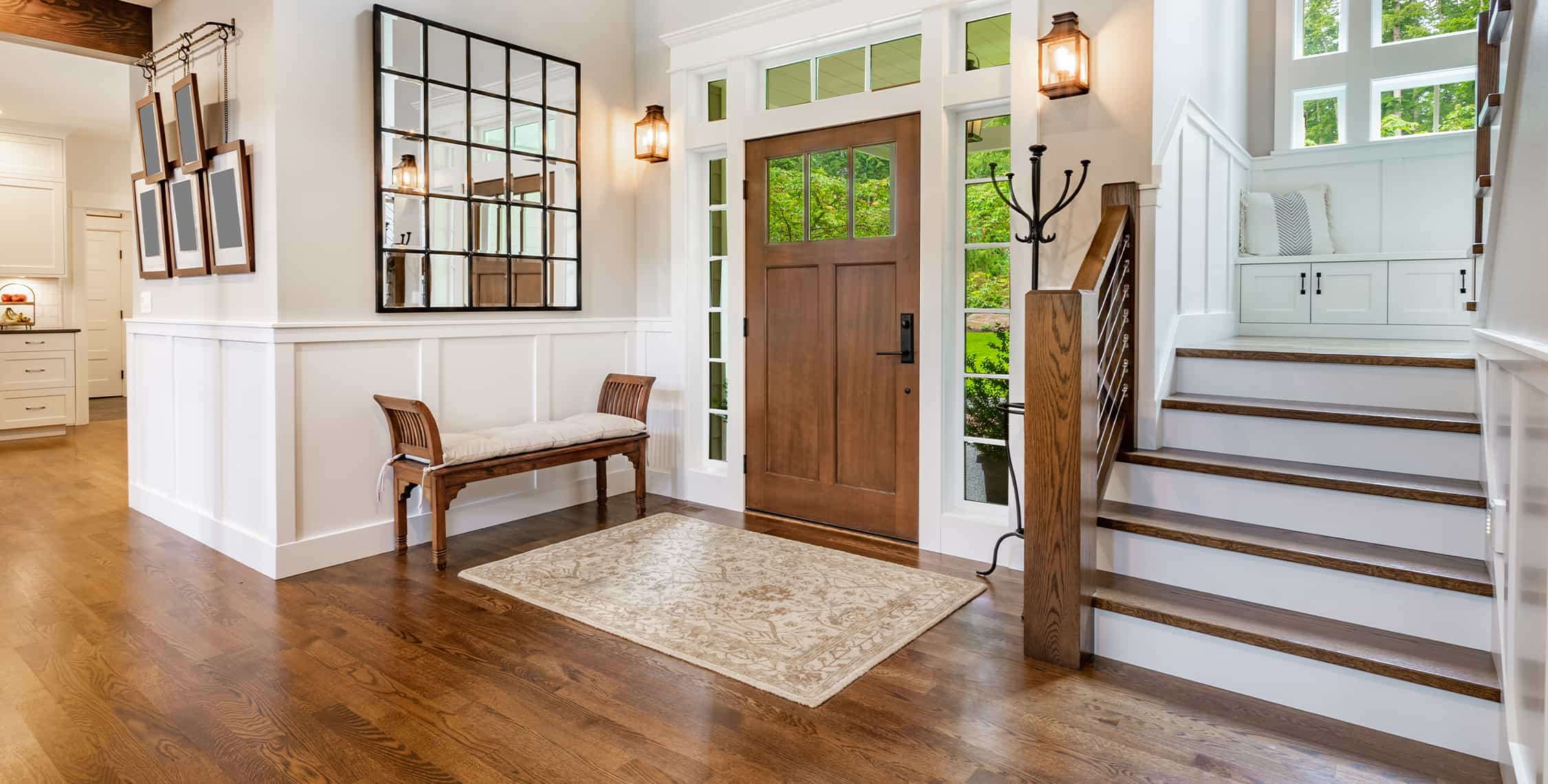A swimming pool has become an essential feature in residential designs, such as homes or villas, not only as a space for relaxation and exercise but also as a visual focal point that enhances the overall aesthetics. One key factor that influences the appeal of a swimming pool is the material used for its floor. Choosing the right pool floor material will ensure the pool's safety, beauty, and durability. So, what are the best materials for a pool floor? You can find out in the following review.
1. Ceramic Tiles
Ceramic is one of the most common pool floor materials used. This material is well-known for its affordability, variety of design options, and water resistance. Ceramic tiles are also relatively easy to clean, making pool maintenance easier.
However, it is important to choose ceramic tiles specifically designed for swimming pools that feature slip-resistant surfaces. This minimizes the risk of slipping when the surface is wet. In addition, the ceramic tiles should be resistant to chemicals like chlorine, which is commonly used in pools.
Advantages of Ceramic Tiles:
- Relatively affordable
- A wide variety of patterns and colors
- Easy to clean
Disadvantages of Ceramic Tiles:
- Some types of ceramic can become slippery when wet
- Less durable compared to other materials
2. Porcelain Tiles
Porcelain tiles are often considered a superior version of ceramic. While they may look similar at first glance, porcelain is stronger and more durable than ceramic. One of the main advantages of porcelain tiles is their exceptional water resistance, making them ideal for swimming pool areas.
Porcelain also offers a wider range of design options, from simple patterns to looks resembling natural stone or wood. Its surface can be made slip-resistant, which enhances safety around the pool.
Advantages of Porcelain Tiles:
- Durable and strong
- Resistant to water and extreme weather
- Many design options, including wood and stone patterns
Disadvantages of Porcelain Tiles:
- More expensive than ceramic
- Installation is more challenging due to its weight
3. Natural Stone
Natural stone is a premium choice that gives a natural and elegant feel to the pool floor. Several types of natural stone are commonly used, such as limestone, granite, marble, and travertine. Each type of stone has distinct characteristics in terms of color, texture, and durability.
Natural stone is also known for its longevity, weather resistance, and natural aesthetic. However, maintaining natural stone can be quite complex, especially to prevent moss growth or color changes due to exposure to sunlight and chlorine water.
Advantages of Natural Stone:
- Natural and elegant aesthetic
- Long-lasting and strong
- Cool to the touch, making it comfortable in hot weather
Disadvantages of Natural Stone:
- Requires special maintenance
- Tends to be expensive
- Some types of stone can become slippery when wet
4. Engineered Wood
For those who enjoy the warm, natural look of wood but are concerned about its water resistance, engineered wood may be the solution. Engineered wood is made from layers of real wood coated with protective materials, making it more resistant to water and weather.
Engineered wood provides an aesthetic similar to natural wood but offers better resistance to moisture and temperature changes. However, like real wood, it requires regular maintenance to retain its appearance.
Advantages of Engineered Wood:
- Warm and natural wood aesthetic
- More water-resistant than natural wood
- Suitable for modern and tropical pool designs
Disadvantages of Engineered Wood:
- More expensive than natural wood
- Requires special care to maintain its appearance
5. Composite Wood Decking
Composite wood is an alternative to natural wood made from a blend of wood fibers and plastic. This material has gained popularity as a pool floor option because it provides the look of natural wood while offering far superior durability against moisture, weather, and pool chemicals.
Moreover, composite wood decking requires less maintenance compared to natural wood. There is no risk of rotting or insect attacks, and this material is usually equipped with anti-slip features, which are crucial in pool areas.
Advantages of Composite Wood Decking:
- Appearance similar to natural wood
- Resistant to water, chemicals, and weather
- Does not crack or rot easily
- Anti-slip
Disadvantages of Composite Wood Decking:
- More expensive than natural wood
- Some people find the texture of composite wood less attractive than natural wood
6. Glass Mosaic
If you're looking for a more artistic and eye-catching appearance for your pool floor, glass mosaics could be the perfect option. Glass tiles offer a beautiful sparkle underwater and come in a variety of colors that add a luxurious touch to the pool.
Glass mosaics are highly resistant to water and easy to clean. However, they tend to be more expensive than other materials, and the installation process requires special expertise to ensure the mosaic pattern is neatly arranged.
Advantages of Glass Mosaics:
- Artistic and luxurious appearance
- Beautiful sparkle underwater
- Resistant to water and easy to clean
Disadvantages of Glass Mosaics:
- Quite expensive
- Installation requires specialized skills
7. Vellino Granite with Natural Patterns
As a final recommendation, Vellino granite tiles offer a great solution for those seeking a natural yet modern look for their pool floor. Vellino granite is known for its durability against various weather conditions and pool chemicals. This material also features slip-resistant properties, enhancing safety for pool users, especially when the surface is wet.
One of the main advantages of Vellino granite is its natural pattern, which creates a harmonious integration with the surrounding environment, making it an ideal choice for those who want to incorporate natural elements around the pool without compromising modern aesthetics. Its elegant design, with natural color tones like gray, cream, or brown, makes Vellino granite an ideal option for a variety of pool concepts, both indoor and outdoor.
In addition, Vellino granite is extremely durable, able to withstand direct sunlight, water exposure, or chemicals like chlorine. Its installation is relatively easy, and its smooth yet non-slippery surface provides both comfort and safety during use.
Choosing the right material for your pool floor is not just about aesthetics, but also about safety and durability. Each material has its own advantages and disadvantages, from the affordable ceramic to the elegant and durable Vellino granite. By understanding the characteristics of each material, you can tailor your choice to fit your needs, style, and budget.
If you're looking for a solution that combines aesthetics, durability, and safety, Vellino granite with natural patterns could be the best choice. This material is not only resistant to weather and chemicals but also offers an elegant and natural look, making your pool area luxurious and comfortable to use at any time.
Popular Products
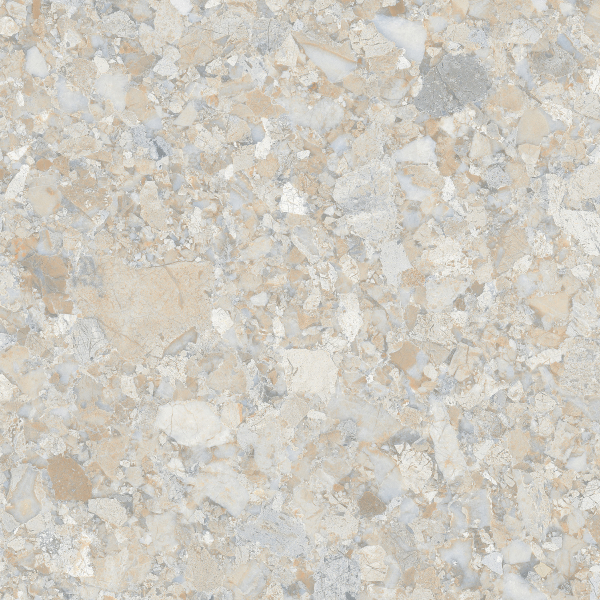
THETA VINCENT BEIGE
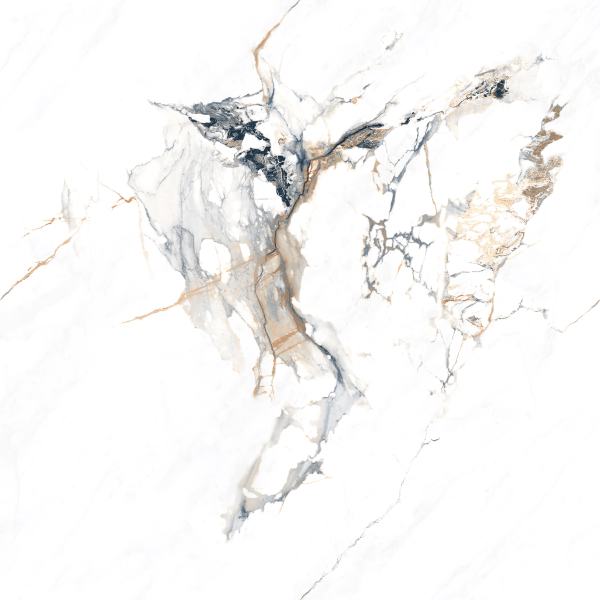
THETA NICOLLI WHITE
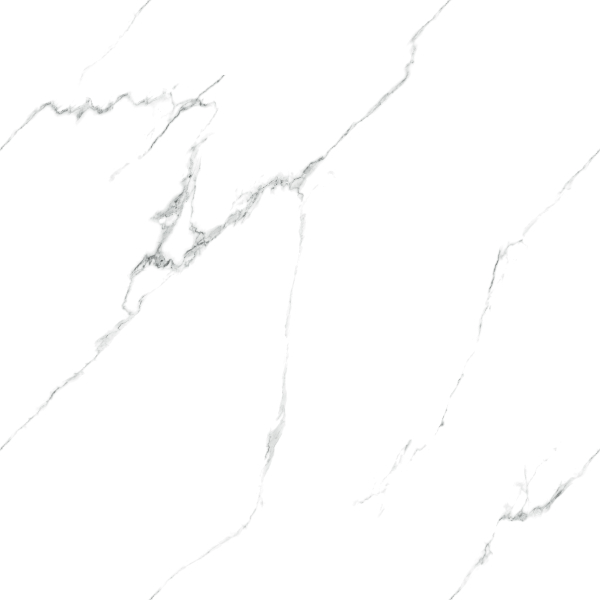
THETA RAFFINATO WHITE
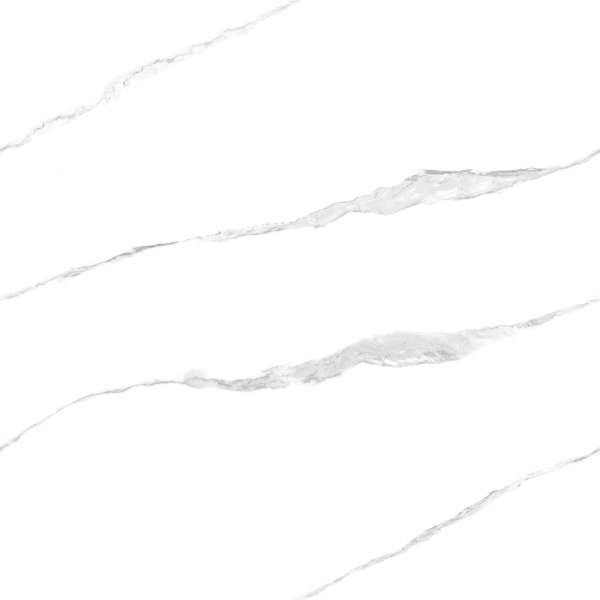
THETA GIARDINO WHITE
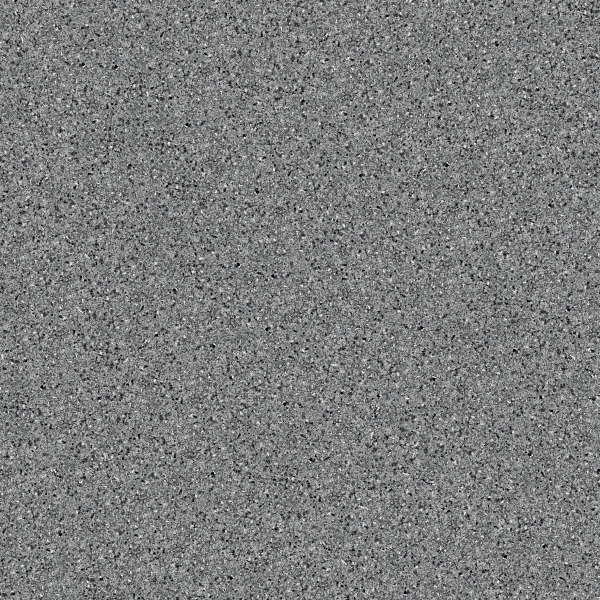
RUSTIC AVIRA CHARCOAL

